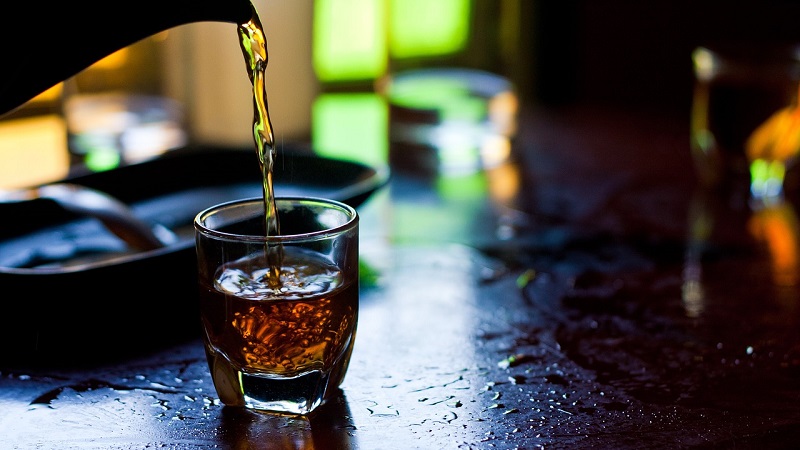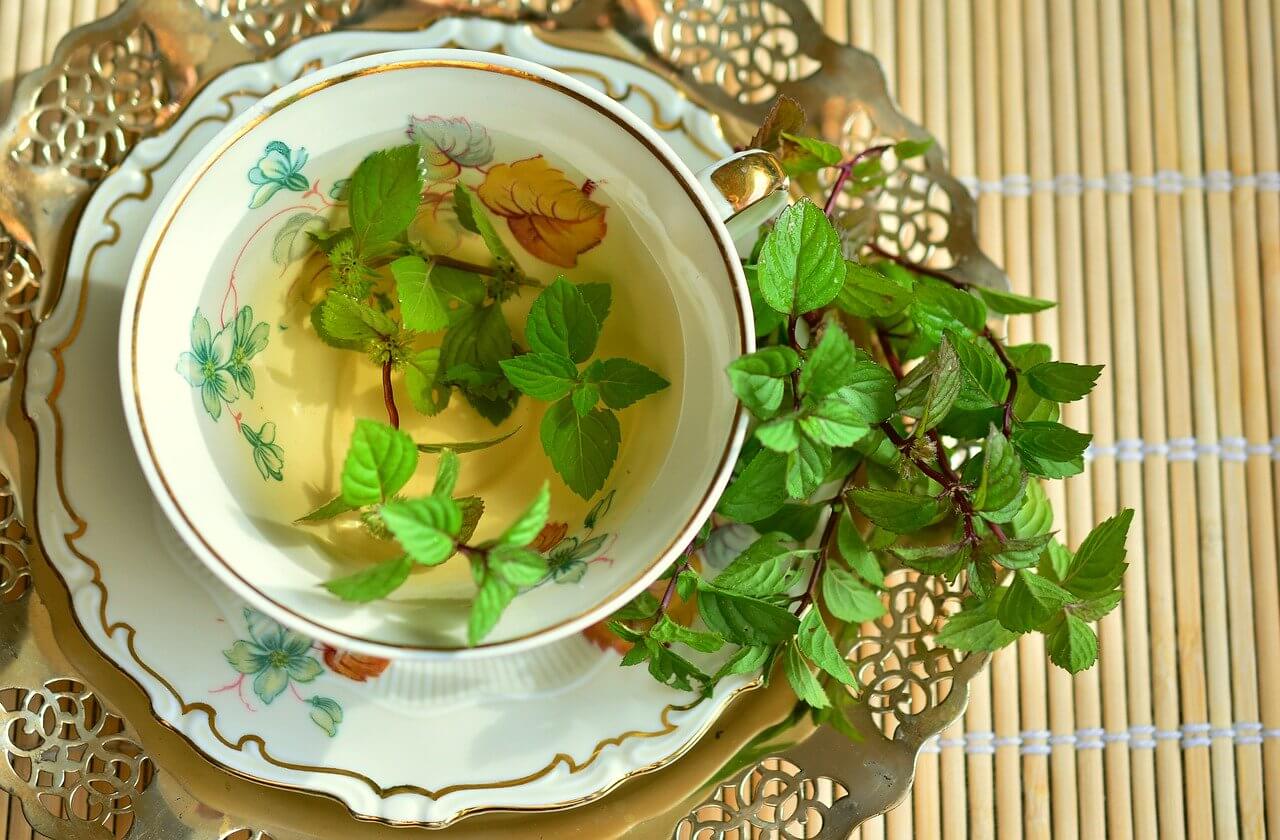The general wisdom is to avoid any caffeinated drink before bed, including tea. That’s because caffeine messes with how your brain prepares you for sleep, keeping you awake past your usual bedtime.
But some people drink tea or coffee and sleep fine. Others take two sips and stay alert past midnight.
Why these differences, and is there a safe way to enjoy tea before bed?
We answer these questions and more below.
How Does Tea Affect Sleep?

Note that we are talking about the traditional tea made from actual tea leaves, not fruit tea or herbal teas made with other ingredients.
Tea contains caffeine, which is the active compound that disrupts sleep. When you drink tea, caffeine is absorbed into the bloodstream and distributed all over the body, including the brain.
In the brain, caffeine blocks adenosine receptors. Adenosine is a compound that triggers drowsiness and sleepiness by binding to adenosine receptors.
But with caffeine blocking these receptors, adenosine doesn’t produce the usual sleepiness. This keeps your body alert until the caffeine is metabolized and eliminated from the body.
What Time Should You Stop Drinking Tea Before Bed?
For most people, the answer is 6 hours. Drink your last cup of tea or coffee at least 6 hours before bedtime.
The average caffeine half life is 5-6 hours. That’s how long it takes for half the caffeine in your body to be metabolized and eliminated.
So for most people, most of the effects of caffeine should wear off in 5-6 hours.
Some people’s genetics, however, make their nervous systems highly sensitive to caffeine. So even the half left in the body after 5 hours still causes wakefulness. These effects could last for 10 hours or more after consuming tea.
Something else that can extend the effects of caffeine is slow metabolism. Some people take longer than the standard 5 hours to metabolize half the caffeine. So you could experience wakefulness for longer than usual.
On the other hand, some people naturally metabolize caffeine quickly – within two hours or so. These tea drinkers can drink tea a couple of hours before bed, and fall asleep without a problem.
To sum it up, it can take as little as 2 hours or as many as 10 hours to get over the effects of drinking tea, depending on how quickly your body metabolizes caffeine and your genetic sensitivity to caffeine.
For most people, the best time to stop drinking it is 6 hours before bed. If you know you are sensitive to coffee, limit your tea to morning hours only. If you have low sensitivity, you can have a last cuppa in the afternoon or evening.
What Are The Benefits Of Drinking Tea At Night?
Even though it is a stimulant, most people find drinking tea to be mentally relaxing. It’s a great way to unwind, take a breath, and calm down before bed.
There’s also some evidence that drinking tea, particularly green tea, can prevent formation of plaque in the mouth. If you wake up with a sticky coating of plaque on your teeth, drinking tea before bed can help.
That said, these benefits of drinking tea at night are not worthwhile for most people. That’s because caffeine in tea can significantly disrupt sleep and cause insomnia.
Unless you have low sensitivity to caffeine, you really should avoid drinking tea at night. In fact, you should not drink tea within 6 hours of bedtime.
What Tea Should I Drink Before Bed?

If you want to enjoy the benefits of tea without insomnia, try decaffeinated tea. It still contains some caffeine, but not enough to affect most people.
Alternatively, drink other types of tea that don’t contain tea leaves such as herbal tea, fruit teas, or spice tea like cinnamon tea.
Can I Drink Milk Tea at Night?
Adding milk to your tea makes your cuppa more nutritious, and as far as we know, doesn’t interfere with the benefits of black tea.
What milk doesn’t do is reduce the level of caffeine in tea. If you use a teaspoon of black tea, you’ll consume the same amount of caffeine no matter how much milk you add.
So milk tea still contains caffeine, and can keep you awake at night similar to plain black tea.
Unless you have low sensitivity to caffeine, do not drink milk tea at night. In fact, it’s best to avoid drinking it within 6 hours of bedtime.




